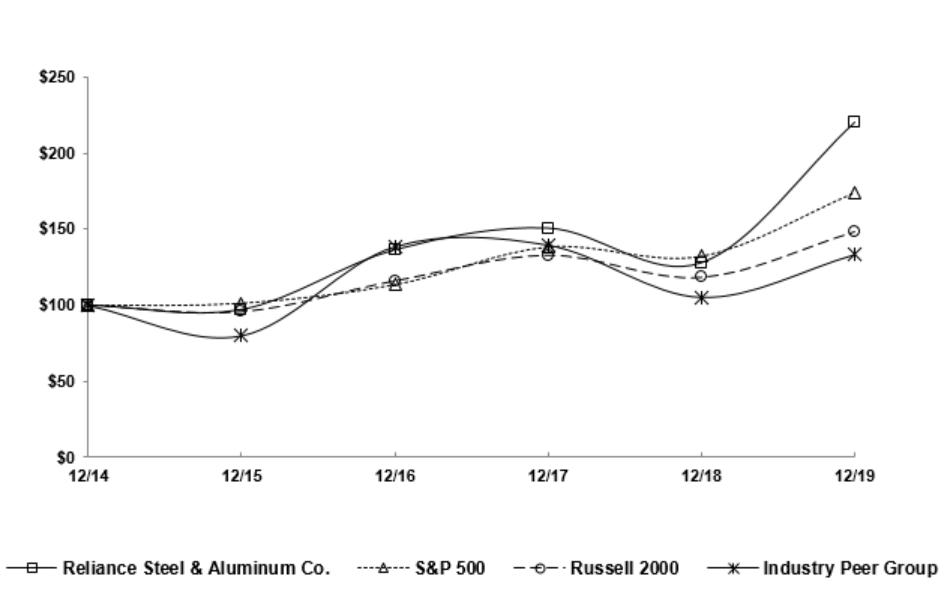timely complete required filings with government entities including the SEC and the Internal Revenue Service, unavailability or disclosure of confidential information (including personal information) and negative impact on our stock price.
Data privacy and information security may require significant resources and present certain risks.
We collect, store, have access to and otherwise process certain confidential or sensitive data, including proprietary business information, personal data or other information that is subject to privacy and security laws, regulations and/or customer-imposed controls. Despite our efforts to protect such data, we cannot guarantee protection from all material security breaches, theft, misplaced or lost data, programming errors, or employee errors that could potentially lead to the compromise of such data, improper use of our systems, software solutions or networks, unauthorized access, use, disclosure, modification or destruction of information, defective products, production downtimes and operational disruptions, any of which could result in costly litigation and liability or reputational harm. Furthermore, we may be required to expend significant attention and financial resources to protect against physical or cybersecurity breaches that could result in the misappropriation of our information or the information of our employees and customers.
Our enterprise data practices, including the collection, use, sharing, and security of the personal identifiable information of our customers, employees, or suppliers are subject to increasingly complex, restrictive, and punitive regulations in all key market regions.
Under these regulations, the failure to maintain compliant data practices could result in consumer complaints and regulatory inquiry, resulting in civil or criminal penalties, as well as brand impact or other harm to our business. In addition, increased consumer sensitivity to real or perceived failures in maintaining acceptable data practices could damage our reputation and deter current and potential users or customers from using our products and services. Because many of these laws are new, there is little clarity as to their interpretation, as well as a lack of precedent for the scope of enforcement. The cost of compliance with these laws and regulations will be high and is likely to increase in the future. For example, in Europe, the General Data Protection Regulation came into effect on May 25, 2018, and applies to all of our ongoing operations in the EU as well as some of our operations outside of the EU that involve the processing of EU personal data. This regulation significantly increases the potential financial penalties for noncompliance, including fines of up to 4% of worldwide revenue. Similar regulations are coming into effect in Brazil and China. California has adopted, and several states and provinces in Canada are considering adopting, laws and regulations imposing obligations regarding personal data. In some cases, these laws provide a private right of action that would allow customers to bring suit directly against us for mishandling their data.
Our financial results may be affected by various legal and regulatory proceedings, including those involving antitrust, tax, environmental, or other matters.
We are subject to a variety of litigation and legal compliance risks. These risks include, among other things, possible liability relating to product liability, personal injuries, intellectual property rights, contract-related claims, government contracts, taxes, environmental matters and compliance with U.S. and foreign laws, including competition laws and laws governing improper business practices. We or one of our subsidiaries could be charged with wrongdoing as a result of such matters. If convicted or found liable, we could be subject to significant fines, penalties, repayments, or other damages (in certain cases, treble damages). As a global business, we are subject to complex laws and regulations in the U.S. and other countries in which we operate. Those laws and regulations may be interpreted in different ways. They may also change from time to time and so may their related interpretations. Changes in laws or regulations could result in higher expenses and payments, and uncertainty relating to laws or regulations may also affect how we conduct our operations and structure our investments and could limit our ability to enforce our rights.
The volatility of the market could result in a material impairment of goodwill or indefinite-lived intangible assets.
We review the recoverability of goodwill and indefinite-lived intangible assets annually or whenever significant events or changes in circumstances occur that might impair the recovery of recorded costs. Factors that may be considered a change in circumstances, indicating that the carrying value of our goodwill or indefinite-lived intangible assets may not be recoverable, include a decline in stock price and market capitalization, declines in the market conditions of our products,

